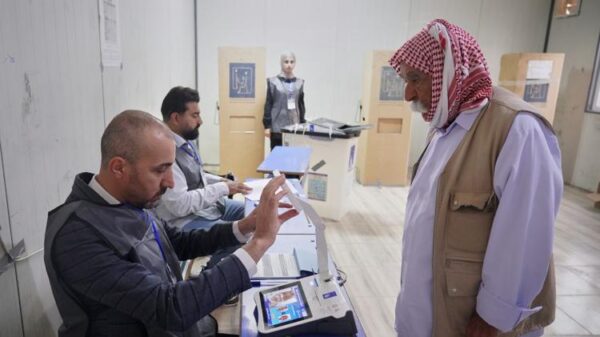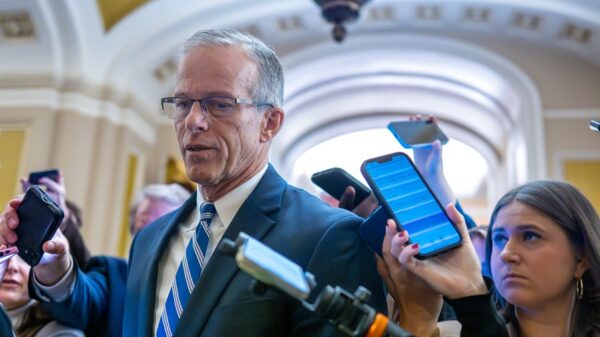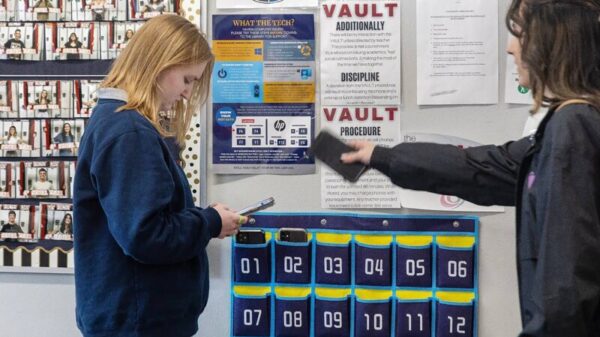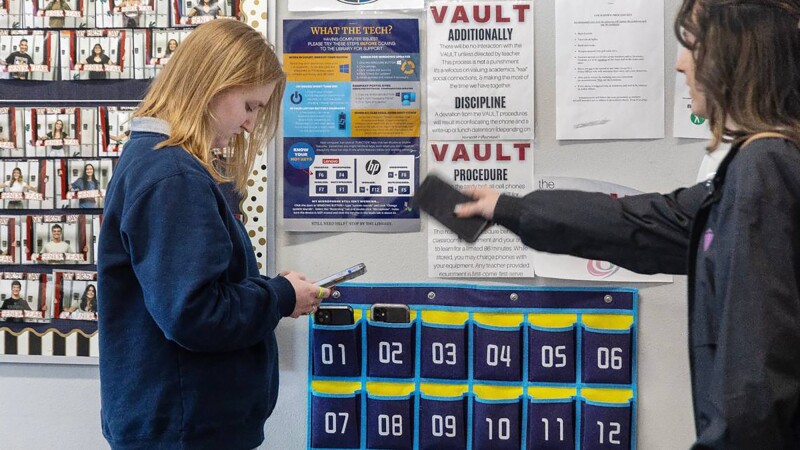Schools in Florida have adopted a cellphone ban, which has sparked significant debate about its impact on student behavior and learning outcomes. The ban, implemented two years ago, was the subject of a recent study conducted by David Figlio from the University of Rochester and Umut Özek, a senior economist at the RAND Corporation. Their research, published by the National Bureau of Economic Research in October 2023, provides insights into the effects of this policy.
The study analyzed data from Florida’s education system, which stands out for its rigorous testing schedule. Unlike many states that assess students less frequently, Florida conducts tests three times a year and maintains daily discipline records. This data allowed the researchers to examine the ban’s immediate effects, which initially resulted in a notable increase in suspensions. The authors reported that “the suspension rate more than doubled in the month after disciplinary enforcement started compared to the month before and was 25 percent higher compared to the same month in the school year right before the ban.”
The spike in suspensions raised concerns about the potential for cellphone bans to contribute to the school-to-prison pipeline, particularly affecting Black students and male students. Yet, the authors noted a significant shift by the second year of the ban, as the initial increase in disciplinary actions began to decline. The researchers attribute this change to students adjusting their behavior in response to the enforcement of the rule.
Students tend to respond to clear expectations and consequences. After the initial adjustment period, many students recognized that the cellphone ban was being strictly enforced, leading to improved behavior. This reflects a broader understanding of how behavior is shaped by perceived accountability. The study highlights that when adults prioritize rule enforcement over empathy for those who break the rules, student behavior stabilizes.
The positive outcomes of the cellphone ban extended beyond discipline. Figlio and Özek found that the policy significantly improved student engagement and learning. They reported “significant improvements in student test scores in the second year of the ban after that initial adjustment period,” with particularly notable gains among male students and those in middle and high school. The research suggests that eliminating distractions from cellphones may have led to more focused and engaged students.
In addition to improved test scores, the study indicated that the cellphone ban “significantly reduced unexcused absences.” This finding suggests that requiring students to put away their phones has made them more present and involved in their education. As discussions about school funding continue, this study serves as a reminder of the importance of policy in enhancing student achievement.
While the Clark County School District has implemented cellphone restrictions, reports suggest that enforcement of these policies can be inconsistent. To maximize the benefits of such policies, it is crucial for school districts in Nevada and beyond to uphold and enforce their cellphone bans rigorously. The findings from Florida’s experience underscore the potential for effective policy measures to foster a more conducive learning environment for students.





































































